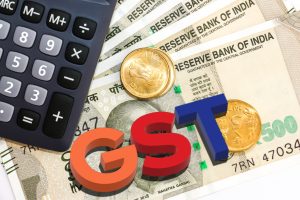 The Group of Ministers (GoM) set up by the Goods and Services Tax (GST) Council to explore taxation mechanisms for luxury and demerit goods post-cess abolition is expected to seek more time to finalise its recommendations. According to sources, the GoM, chaired by Minister of State for Finance Pankaj Chaudhary, is still deliberating on key aspects, particularly legal frameworks.
The Group of Ministers (GoM) set up by the Goods and Services Tax (GST) Council to explore taxation mechanisms for luxury and demerit goods post-cess abolition is expected to seek more time to finalise its recommendations. According to sources, the GoM, chaired by Minister of State for Finance Pankaj Chaudhary, is still deliberating on key aspects, particularly legal frameworks.
“The GoM is still mulling over various options and needs additional time to address legal aspects and finalise its proposals,” a source told Moneycontrol. The GoM held its meeting on December 2 in New Delhi.
The compensation cess, introduced at the onset of GST, is levied on luxury, sin, and demerit goods over and above the highest GST slab of 28 percent. Its primary purpose was to compensate states for revenue losses post-GST implementation. Initially intended for five years (ending June 2022), the cess was extended until March 2026 to repay Rs 2.69 lakh crore worth of loans taken during the COVID-19 pandemic to cover states’ revenue shortfalls. If the loan is repaid earlier, the GoM will also have to decide on the treatment of excess cess collected.
The GST law mandates that any surplus collected in the cess pool thereafter be equally shared between the Centre and states.


